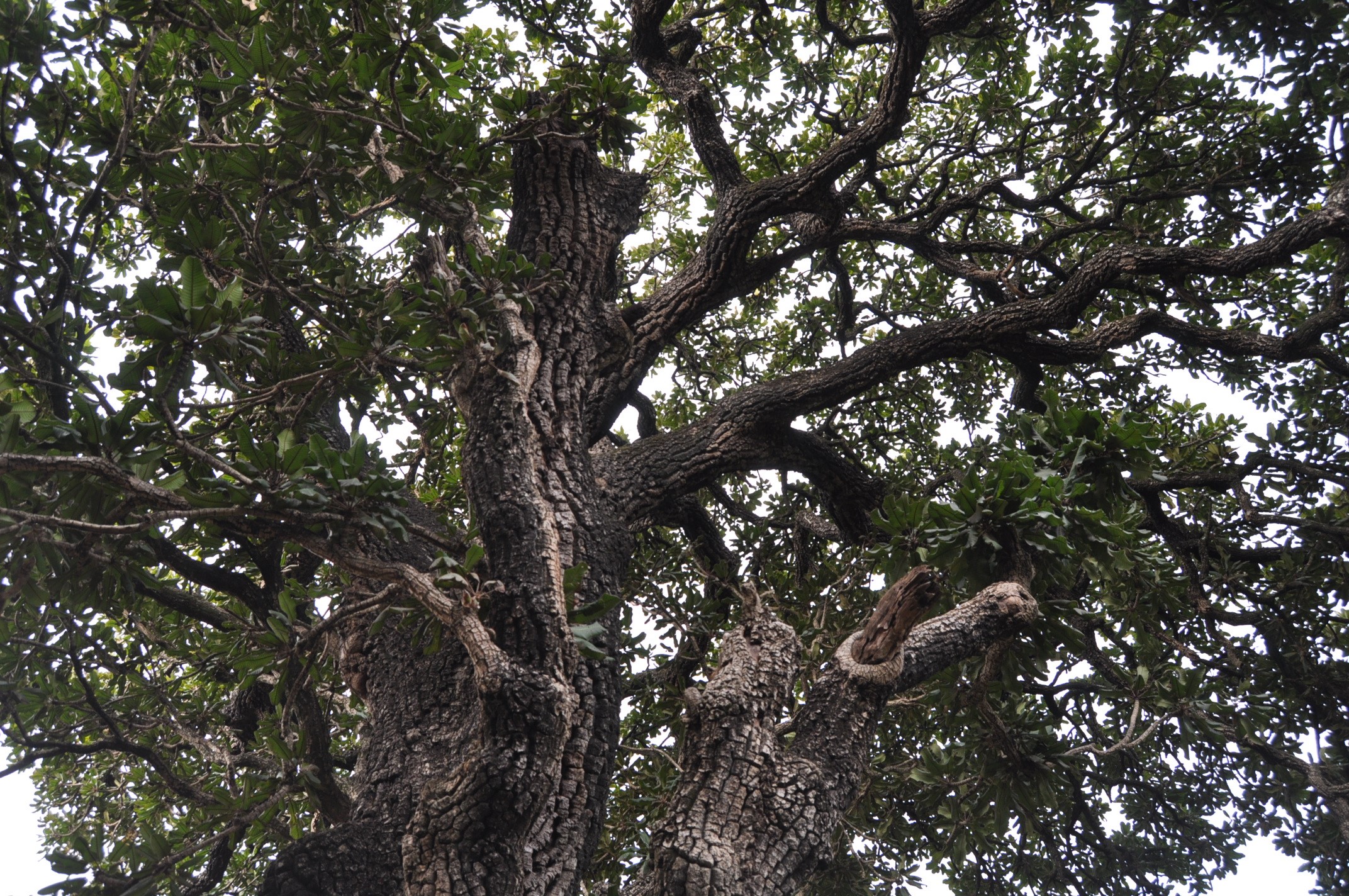KAMPALA – Lecturers at Makerere University have suggested a Public-Private Partnership (PPP) approach to develop the shea butter value chain in Uganda, for more earnings, both locally and internationally.
These trees are natural perennial plants and commonly found in northern and eastern Uganda.
Its butter is a famed moisturizer nationally and internationally, because it contains vitamins A, E and F. Other people use this butter for cooking among other things. In Acholi, shea nut trees are held in high cultural regard. The butter is used for rituals, body lotion, medicine and cooking.
Prof. Joseph Obua from the department of Forestry, Biodiversity and Tourism at Makerere University, compared shea nuts with coffee, saying they are all flagship commodities with high market values, providing income to farmers and foreign exchange for the country.
However, Prof Obua argued that shea nuts have not been given the attention it deserves.
“The Ministry of Trade Industries and Cooperatives is working together with private actors like cooperative unions and coffee exporters; shea has not yet brought together private and public actors to work together,” Prof Obua said.
Prof. Obua argued that although some people will argue that coffee is grown, while shea is wild, part of the export earnings from this butter can be invested in research and development of shea trees to enhance its productivity and the market value.
“Through Uganda Coffee Development Authority (UCDA), 1% of export earnings from coffee is given to UCDA and 10 % of that amount which is about Shs 2 billion per annum is given to National Agricultural Research Organization (NARO) which is passed on to National Coffee Research Institute (NCRI) to carryout research on coffee and enhance its productivity and market value. Can we develop a shea nut development authority like UCDA to enhance the productivity and market value of shea products?” he asked.
According to Prof Obua, unlike coffee which is exported as a raw material, shea is exported in processed form, meaning it can have a comparative and competitive advantage over coffee.
He added that the total number of households in Eastern and Northern Uganda involved in managing shea on their farmlands, processing shea and selling its products could even be greater than the number of coffee farmers in this country.
Statistics indicate that the number of coffee farmers in terms of households is 1.7 million, and the acreage is nearly 400,000 hectares. Shea parklands cover 45 districts in Eastern and Northern Uganda, approximately about 30 % of the entire number of districts in the country.
“Therefore, in many respects, shea deserves to have similar organizations like UCDA to leverage greater support for it,” Prof. Obua said.
Dr. Kenneth Okia, an Associate professor at Makerere University, also said sustaining shea productivity and the industry requires recognizing the primary producers, especially women, who have managed the resources for generations.
According to Dr. Okia, there is need to tap into women and youth to undertake value addition, to provide a push back for conservation and improvement in land and tree tenure arrangements in parklands for sustainability.
Dr. Francis Omujal, a Research Officer at Ministry of Health, expressed concern that only about 25% of shea butter products goes for export, leaving a greater percentage to be sold within the local community.
https://thecooperator.news/uganda-doubles-increase-in-coffee-exports/
According to Dr. Omujal, the technology for shelling and processing these nuts should be developed for better results and more income.
“Right now, up to 15% of oils is left in the shea nut cake, because the technology being used cannot extract all the oil. This is a huge loss,” Dr. Omujal said.
These suggestions were raised during the first World Shea Day that was commemorated for the first time in Uganda on Friday, July 16th, 2021. The online event, which was organized by Agro Value Added Association and Extension Services, AVAAES, in collaboration with Makerere University attracted more than 150 participants from all over Africa.
The celebration was based on the theme; Enhancing productivity and market potential of Nilotica Shea for improved livelihoods: Take action now.
However, Jaspher Okello, an official from the Ministry of Science, Technology and Innovation, (MOSTI) said some interventions aimed at increasing productivity in the shea value chain are already underway, starting this financial year.
Okello explained that Shea Development Project, will cover stakeholders’ analysis, feasibility study and stakeholder mapping and setting up an office space to begin with structural design in the first year of the five-year period.
Buy your copy of theCooperator magazine from one of our countrywide vending points or an e-copy on emag.thecooperator.news
